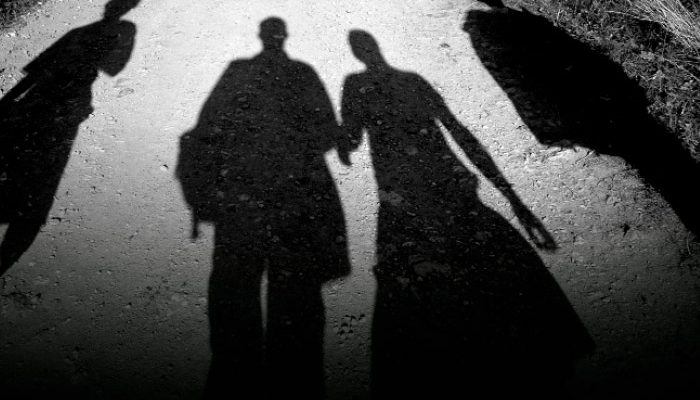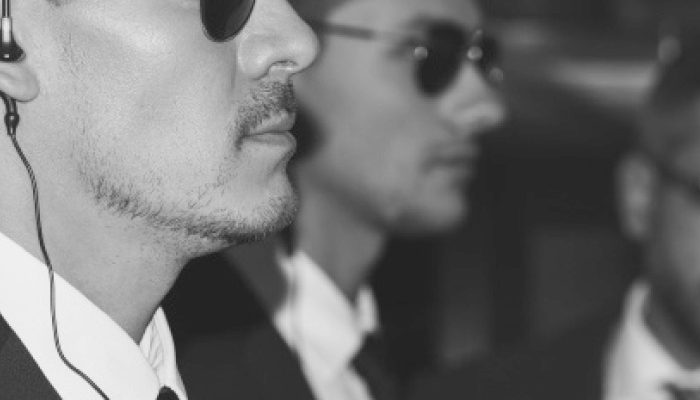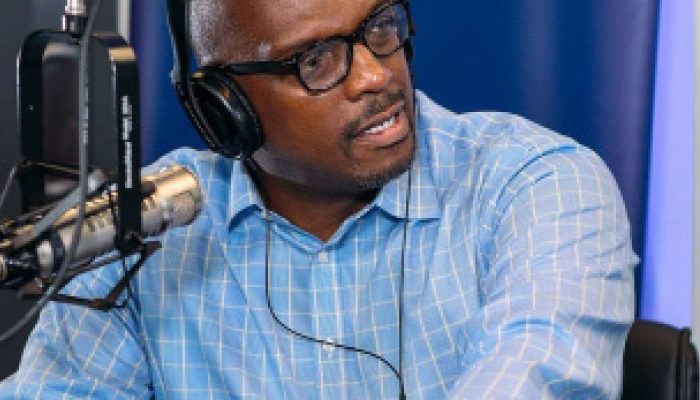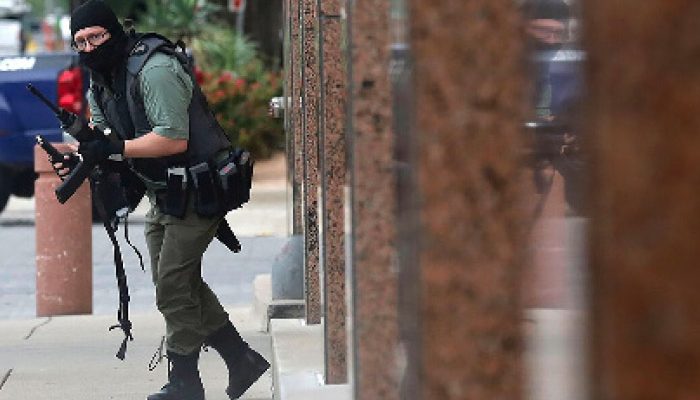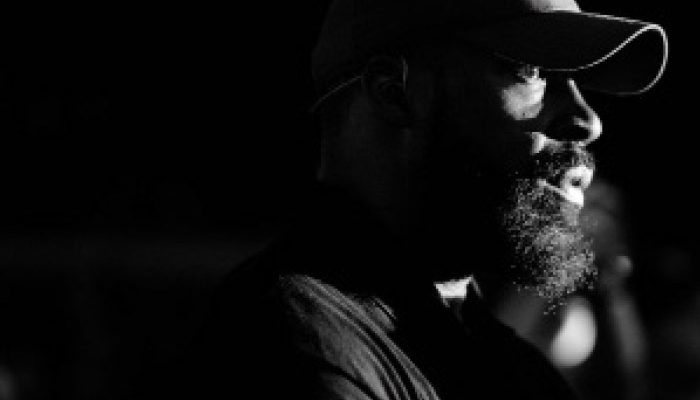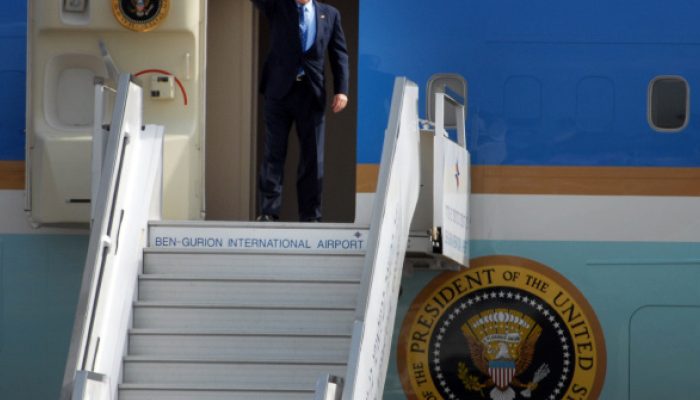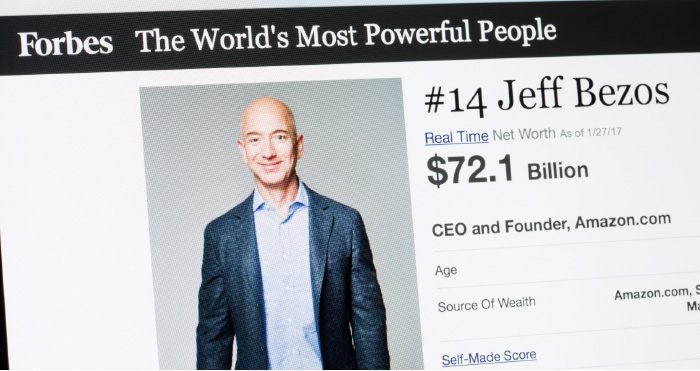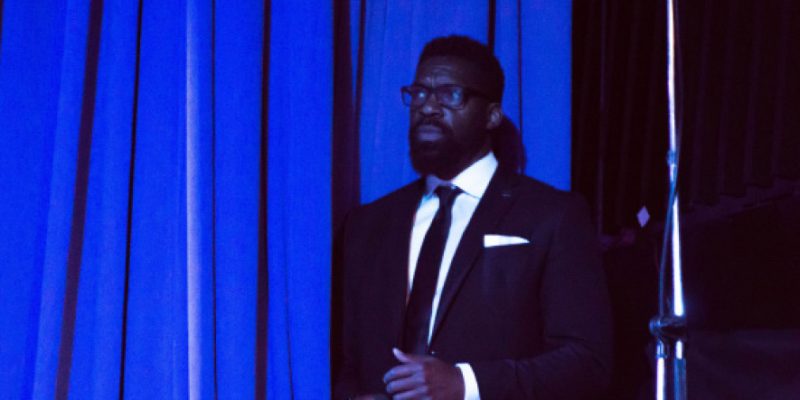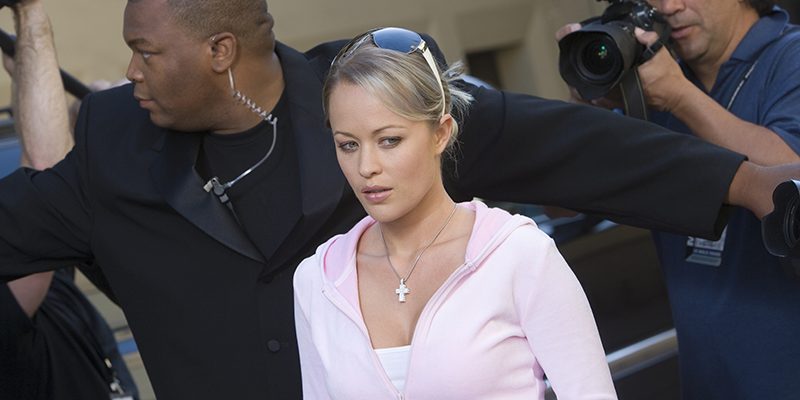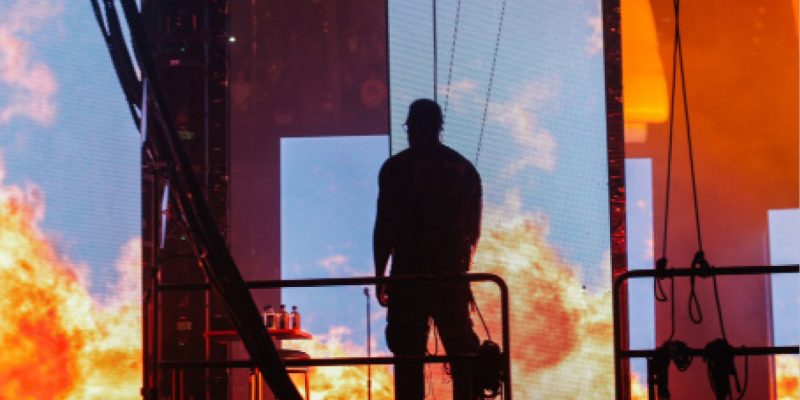What happens when there is more than one primary client? What happens when the “primary” becomes two, three, four, or more? What happens when your client instructs you that their two-year-old, is the primary “client” on a particular day or outing?
2021 A new beginning…
I’ve always approached CP tasks with the mindset that my actions and procedures must facilitate the client being able to conduct their activity in a safe and secure environment but what does that mean to us and the industry moving into 2021?
Turning Habitual Habits into a Positive
Being an instructor for Tony Scotti’s Vehicle Dynamics Institute has forwarded the opportunity to observe how a large section of professionals interact and function from different niches of the industry. Military, transnational EP teams, US based teams, Federal LEO’s or with civilians this theme shows through. Even in the larger training arena the change can be seen as more of the schools are starting to focus on classes or blocks of instruction such as client management and behavioral analysis. The discussion forms are flooded with conversations relating to how to work in a team dynamic. It doesn’t matter if its a 28 day school or a three day school, they will be touching on and teaching these topics.
What is Executive Protection?
In the past, I viewed Executive Protection (EP) as persons who provided corporate level protection. This was the guy who only walked with the CEO, politician, or other important corporate executives and dignitaries. With my limited understanding, I didn’t think of those who drive these same individuals as being considered Executive Protection agents as well. As an EP specialist, I now understand and have experienced some of the vast role’s EP work will encompass.
Death Of The Solo Specialist
It’s not unusual for practitioners of our craft to find themselves operating as a “solo specialists” alongside their respective clients. The question is, are these days slowly coming to an end? If they are, how will we be able to convey this to our clients?
Foot Steps Episode 1 – Kevin Ghee
My transition was a tricky one. Coming from a field where we are trained to address crime once it happens, mentally it leaves you in response mode. EP is very proactive, as such, we must anticipate what could happen and work to mitigate that. Also, as an Law Enforcement Officer, you have control over almost every situation that you’re in. The law gives you that authority and that luxury. In Executive Protection, not so much. So there’s another shift in mindset that one must have. As an EP professional you don’t have the same authority that LEO’s have, so you can’t bark out commands, stop traffic, block public access, etc., as such, the transition was tricky. The best way I can describe it is, not difficult but also, not “easy,” so to speak.
Shifting the Paradigm
Well, there really isn’t anything fundamentally wrong with this approach, after all, as the saying goes, “if it ain’t broke, don’t fix it.” The trouble is if we continue to do the same thing in the same way we’re in danger of missing opportunities to improve, and surely that’s what we all want to do, become better, more efficient and smarter at what we do.
That’s undoubtedly the maxim I’ve always tried to apply to communications. We embraced digital radio enthusiastically when it first came on the scene 15+ years ago, even though doing so was detrimental to us in the short term, it paid off in the long-run. Many saw it as ‘revolution’ rather than ‘evolution,’ but eventually, it eclipsed its analogue forbear, and those naysayers had no choice but to evolve.
At the Point of Crisis
Many of you will have seen the photo of the Dallas shooter outside of the Federal Building. Now ask yourself if this was your Office, School, or House of Worship how prepared would your company or institution be to recognize the signs of trouble as those Federal Officers did and deny access and ultimately defeat the shooter?
A Mantra to Operate By
Think that sounds a bit cynical? Well, perhaps you’re right, but having been in the industry for over 30 years, and with a ‘Rock Star family’ as my current employers, it’s incredible how many times I’m reminded of this mantra and the virtues of following it. Maybe it’s just being in and around the music business, but I think everyone can take something away from this approach.
Foot Steps Episode 1 Kevin Ghee
What are some traits and soft skills that you have acquired from working in inner city Philadelphia that has helped you In your line of work today?
I think the number one skill I’ve learned was the ability to talk to people to get the desired outcome. In the streets, you have to have the skillset to deescalate a deadly confrontation or you have to be able to get information from an individual who never intends to speak to you. That skill does not come overnight, and there’s a lot of trial and error, but the truth of the matter is, it’s all predicated on respect for the other individual. Also, being intentional and understanding what’s at stake are major factors for success.
Keeping Your Edge – Protectors & The Recording Process
An excerpt from the best-selling book, An Introduction to Celebrity Protection & Touring by Elijah Shaw & Dale June. To get the full book, order at Amazon, Barnes & Nobles or Ebooks.com. Limited Signed Editions available at www.ArmsLengthAway.com
Almost without question, if you are a musician, the recording process is the part you love. This is where they get to be creative; it’s where they take an abstract concept and make it a sonic work of art, one that hopefully will generate revenue. While it can be hard work for the artists, for most it’s a labor of love. They have the ability to get paid and earn a living for doing what they enjoy most.
Executive Protection Realities of the Industry and the Ugly Truth
Many newcomers in the protection business have a completely different idea of what the profession is, based on what they have heard or what Hollywood tells them it is. This lack of “truth” either leaves them disappointed or leaves them vulnerable to making mistakes while on duty.
It is common in our industry to see many of our colleagues posting pictures on the internet social media sites of “selfies” taken in first-class airline seats or the client’s private jet. More selfies show them with their feet up on a suitcase claiming ‘’another flight”, or posting from 5 and 6-star hotel rooms, or fine-dining restaurants, or next to a limousine parked in front of a private jet.
US Presidential Security Support
One memorable occasion was the visit by President George W. Bush to Manila, the Philippines, in October 2003, when he on his way to Thailand, where he was to attend the Asia-Pacific Economic Cooperation summit. This visit served as a great example of how much of an asset you can be for the protective elements if you know and apply protective operations principles.
Executive Protection Fail – Jeff Bezos
The tabloid said it had evidence that Bezos has been “whisking his mistress off to exotic destinations on his $65 million private jet.
“Jeff Bezos is the founder of the online retailer Amazon and one of the richest people in the world. He has just made public that he will be getting divorced from his wife of 25 years after an extra marital affair was made public, that’s his personal business… The divorce could cost him 50% of his wealth including his stocks in Amazon, which could lead to control issues for the company and shareholders, this is company business… Again, someone’s personal life has gotten them and their company into big trouble!
Managing Your Digital Footprint
In the world of protective services, we are often charged with the responsibility of having to manage and reconcile between safety and access for our protectees.
As business owners, employees, independent contractors or just private citizens we too are challenged with the dichotomy of managing our personal and professional lives on social media.
Image Projection – It’s a Psychological Advantage
The term ‘Image Projection’ refers to the tactic of presenting yourself as an Alpha personality in order to discourage a confrontation.
In short, dressing like an Alpha personality prompts respect from people (men and women) and makes you look like a hard target (psychologically).
Counter-Ambush Tactics for Security Professionals – Part 2
The first two of these tenets involve soft skills which are sometimes referred to as Protective Intelligence (PI) and include situational and tactical awareness skills (route analysis and surveillance detection). The third tenet, Defend, requires hard skills such as the use of firearms and security driving. These hard skills may be required if we were unable to prevent or avoid an attack, and we end up in a situation where we have to survive an ambush. Continuing where we left off in Part One, we will finish covering some of the soft skills involved in Protective Intelligence and then move on to discuss the hard skills.
Keeping Your Edge – Measured Responses in Tour Security (Part II)
These challenges can take the form of unintentional harm coming by way of a prop, stage equipment, or something as simple as a slip and fall caused by a long dress and high heels.
Whenever we can, we as Protectors must try and anticipate, correcting or counteracting the occurrences that can cause this harm. This is usually done during the Site Advance at which time we do a walk-thru of the areas that the VIP will be visiting, in this scenario, the stage. It is at that time we will perform a visual inspection of the stage and the props, go hands-on with items the Protectee might come into contact with, such as the guard railing, and enlist the help of experts to answer questions that are beyond our realm of expertise, such as how the overhead lights are connected to the scaffolding.
The Fallacy of the Individual Bodyguard
It was the height of British military and government involvement in the ill-fated NATO-led effort to crush the Taliban, and Kabul was inundated with people needing close protection services. From diplomats attempting to build infrastructure and civil institutions to corporate honchos sniffing out potential business opportunities, there was no shortage of clients for security firms to pitch. As my conversation with the in-country manager progressed, I broached the subject of IBGs – individual bodyguards. I told him in no uncertain terms that the idea of having an individual effectively carry out the functions of a close protection team was utter and absolute flannel. His response: “Maybe, Bob. But it brings in the dollars!”
Keeping Your Edge – Measured Responses in Tour Security (Part I)
Spend any significant amount of time providing protection for entertainers involved with stage performances, and you will likely encounter one of this segment of the industry’s biggest headaches, the stage crasher.
The motivation for these individuals comes in various forms, some are “super fans” who see getting on the stage with the celebrity as the ultimate form of expression of their loyalty and support. They often refer to it as a once-in-a-lifetime opportunity, and despite common sense, the threat of ejection, arrest, or sometimes worse, they still needed to make the attempt.
